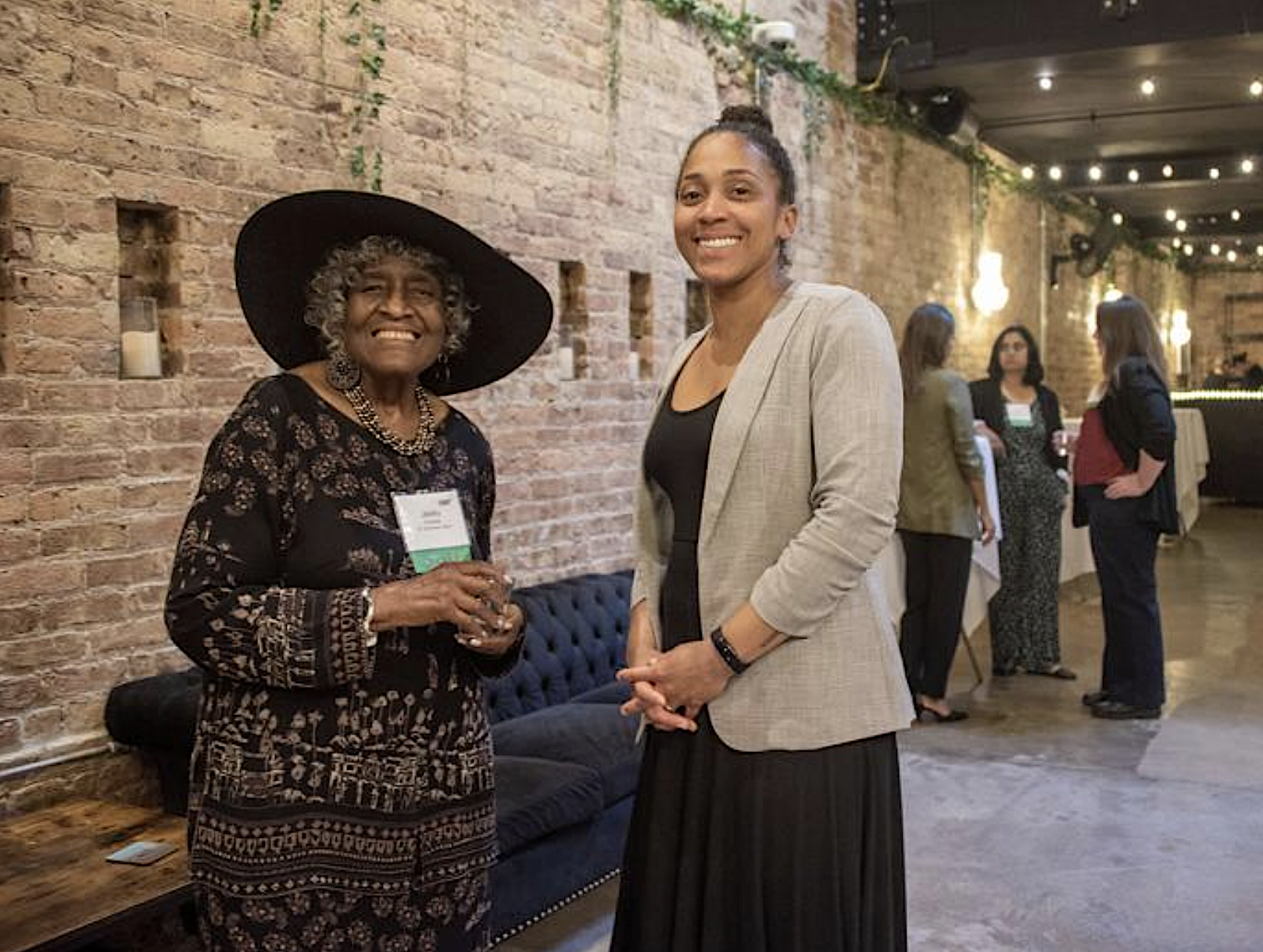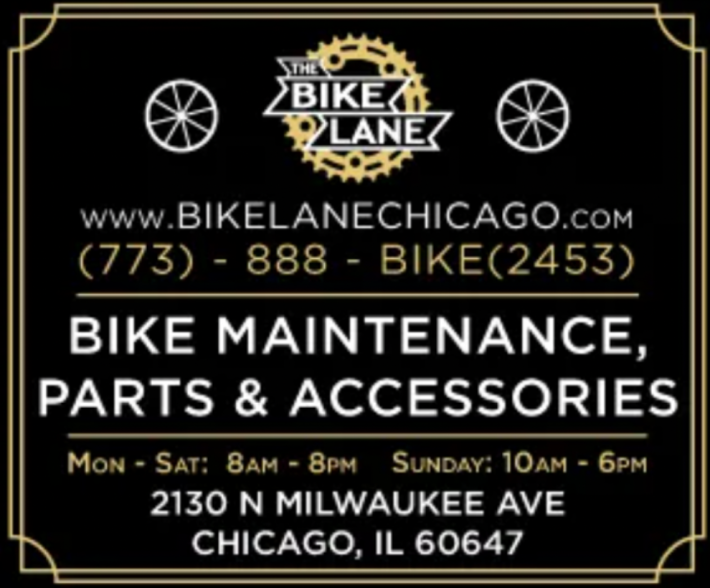
I'm very proud to report that my grandmother Jacky Grimshaw, a legend in local sustainable transportation advocacy, is being recognized by Climate Action Museum with its 2025 Tom Skilling Lifetime Achievement Award.
Ms. Grimshaw and other awardees will be honored at the Second Annual Climate Action Hero Awards reception Tuesday, April 22, 5-8 p.m., at The Library, 190 S. La Salle St. in the Loop. The awards ceremony will take place at 6 p.m.
She has been with Center for Neighborhood Technology’s since 1992, and currently serves as its Vice President for Government Affairs. "As a scientist, organizer, radio personality, transit policy expert, and [environmental justice] activist, Jacky has maintained a lifelong focus on building just, low-carbon communities," CNT posted in its Facebook announcement of the award. "Jacky’s warm sense of humor and joie de vivre add the icing on the cake for why we love this woman and her work!"
Here's a quick recap of some other aspects of Ms. Grimshaw's diverse career.
She served on the boards of the Chicago Transit Authority and the National Academy of Sciences’ Transportation Research Board’s environmental justice, public involvement, and women’s issues in transportation committees.
Prior to joining CNT, Ms. Grimshaw worked as a researcher in hematology and gastroenterology. She also worked in both State and Federal government, for the Chicago Public Schools, and as an advisor to Chicago’s first Black mayor, Harold Washington.
In recent years, Ms. Grimshaw has spoken at many events at the Climate Action Museum, including last October, when she was the keynote speaker at A Big Tent Urbanist Coalition Meetup. Ahead of the award ceremony, I sat down with my grandmother to discuss this new achievement, and the work that she's currently doing at CNT.
This interview has been edited for clarity and brevity.
Cameron Bolton: Tell me a little bit about the Climate Action Award.
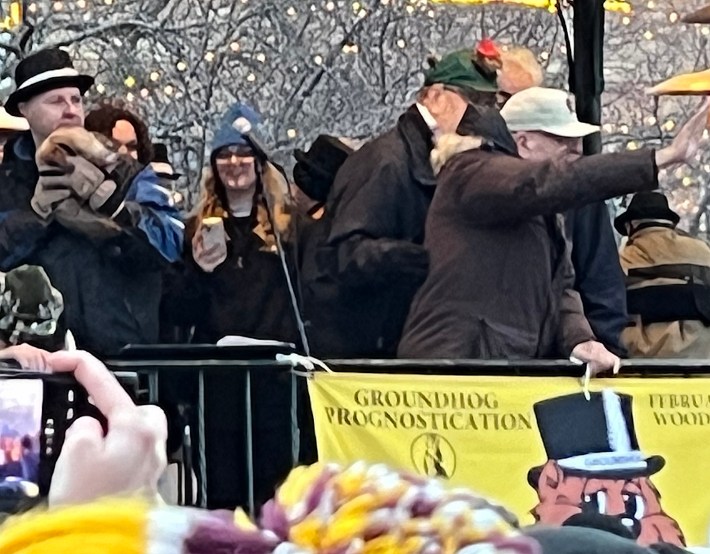
Jacky Grimshaw: The Climate Action Museum initiated the Lifetime Achievement Award last year, and their Lifetime Achievement awardee was Tom Skilling. Tom Skilling was a longtime meteorologist on WGN TV and had a very folksy way of presenting the weather.
He had probably more followers than just WGN News, but you know, people all over really respected his weather forecasts, and respected him. He was the first awardee, and the Climate Action Museum named the award in his honor. And so I got to follow an icon in Chicago meteorology circles. And meteorology, of course, has a lot to do with climate. Climate affects our weather, and it's very appropriate for the Climate Action Museum to recognize him for his lifetime achievement and for helping us better understand our environment. So that's the award I am very honored to receive.
CB: Can you tell me more about the work you do about transit and climate?
JG: Well, I work on transit because it is a form of transportation that allows people not to rely on automobiles to get everywhere they need. Because automobiles are the largest source of greenhouse gasses in our environment. So if we can reduce the amount of greenhouse gasses emitted, we have a chance of cooling the climate, cooling the planet, and reducing the amount of pollutants going into the air. So, improving transit is a way of decreasing automobile use.
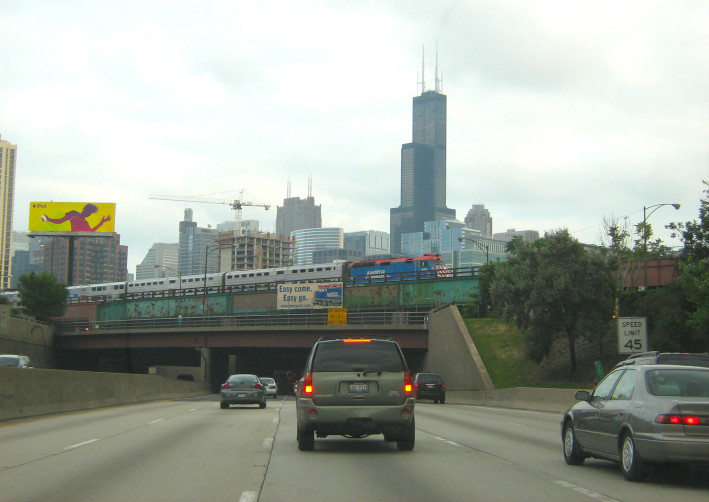
For example, the Kennedy Expressway is currently undergoing major rehabilitation. And people have learned that that is a way those kinds of major highway disruptions cause a lot of congestion, like hours of congestion. And so people who have the option have gotten on the Metra. But we need to convince them to take the Metra all the time, not just during construction season, and that could be a cause for education. So, there's a variety of things that we try to do to educate people about the impact of their car driving on our climate and our health.
CB: This work you're doing with the Kennedy Expressway and educating people, you're doing with CNT?
JG: Yep, doing it with CNT, doing it with the whole coalition of other groups who, and actually in the state, understand the relationship between transportation and climate change. I'm working now on getting more money for transit because next year, we'll reach a fiscal cliff where we'll have a $770 million deficit unless we supply more money to the transit system. So, working on reforming how our transit system is governed, working on the kind of service standards and metrics so that we know that we are serving the people, giving the residents, the riding public, the people who need to transport themselves, giving them the options they need to get around safely and economically and efficiently and without polluting. So, transportation reform and funding are necessary, along with continuing education all the time and making people aware.
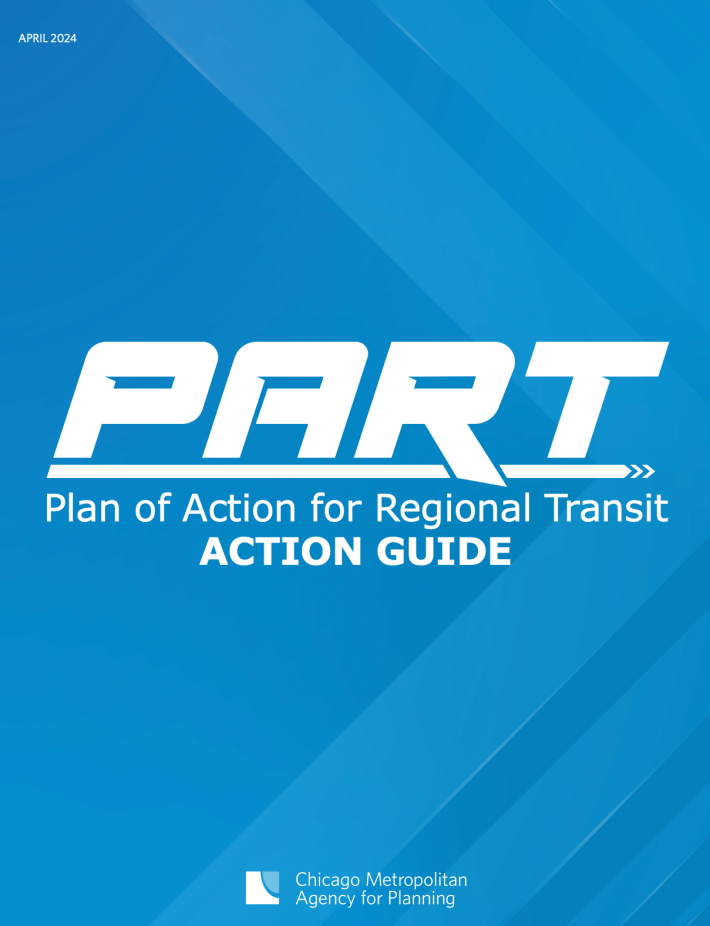
CB: Can you tell me what you're doing to get more money for transit?
JG: So, as I was saying, these two legislators, one in the Senate and one in the House, introduced legislation for our regional planning agency [the Chicago Metropolitan Agency for Planning] to conduct a study of how we could improve transit. I was selected to be part of that study, and to co-chair with another advocate and environmentalist, the part of the report that would deal with what transit users wanted. So there were three areas: what transit riders wanted, how to pay for it, and how the system should be governed.
And out of that came what is now known as the PART [Plan of Action for Regional Transit] Report [released in April 2024]. And from the PART Report, legislation was created to implement that has now been named the Metropolitan Mobility Authority Act. That act includes the major things that came out of the PART report: how the system should be governed, how the system should be funded, and how we improve the rider experience of transit.
CB: How do you think these efforts to get more funding for transit are going?
JG: We haven't introduced a specific funding source yet, although we have been doing informal discussions with people. CMAP and the Civic Federation, did a report on funding sources to give to the Illinois General Assembly so they could look at it and understand how much money could be raised and how that money could go to address right now the huge deficit that we have. The [Regional Transportation Authority] just launched a series of public service announcements about the impact on Chicagoans if transit isn't funded, particularly looking at congestion. So, although there's not a specific bill, we have been trying to make people aware.
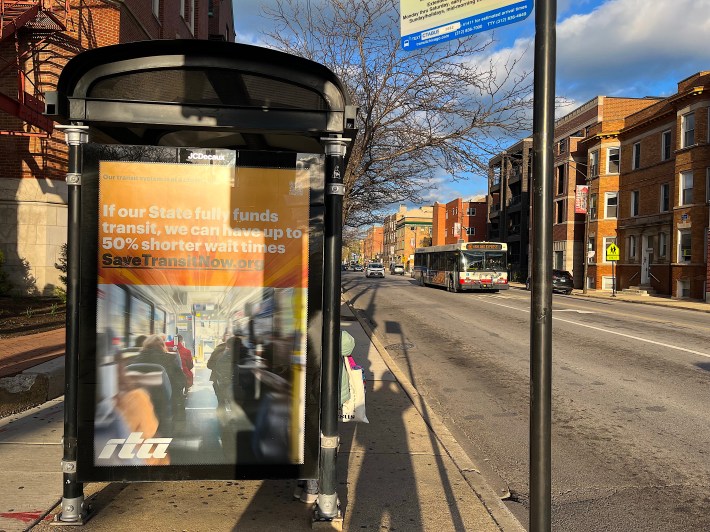
CB: Okay, cool, so that's a lot of really good work you're doing. Is there anything else that I should mention in my article?
JG: When we originally introduced the Metropolitan Mobility Act, it was part of, as we call it, a three-legged stool. We also wanted to pass a bill that would deal with electrification. People will always need cars, but if we had electrified cars rather than relying on fossil fuels, we could have the best of two worlds. People could have all our bills to get around, and they also would be non-voting. But after we got started at the General Assembly, trying to focus on two major policy changes at the same time, it became more than the General Assembly could handle. So we pulled back that bill and we'll reintroduce it next year to still get it passed. It can partner with more transit from the Metropolitan Mobility Act. But you know, the legislators will have a bit more room to consider this rather than considering it while recommending a major change in our transit here in northeastern Illinois.
If you're interested in learning more about Ms. Grimshaw's extensive career, check out the interview she did with James Porter for Streetsblog in 2018.

Did you appreciate this post? Streetsblog Chicago is currently fundraising to help cover our 2025-26 budget. If you appreciate our reporting and advocacy on local sustainable transportation issues, please consider making a tax-deductible donation here. Thank you!
